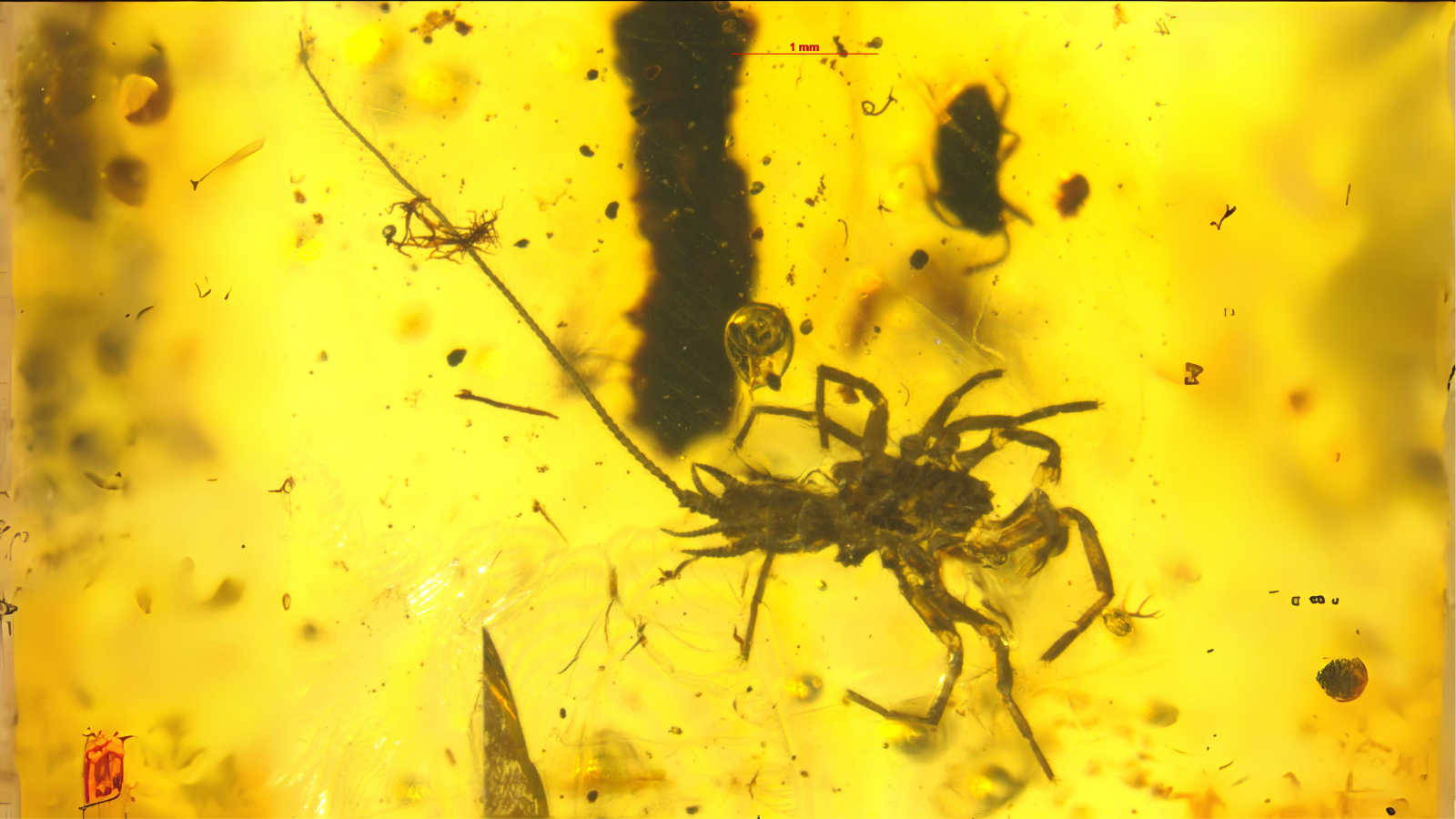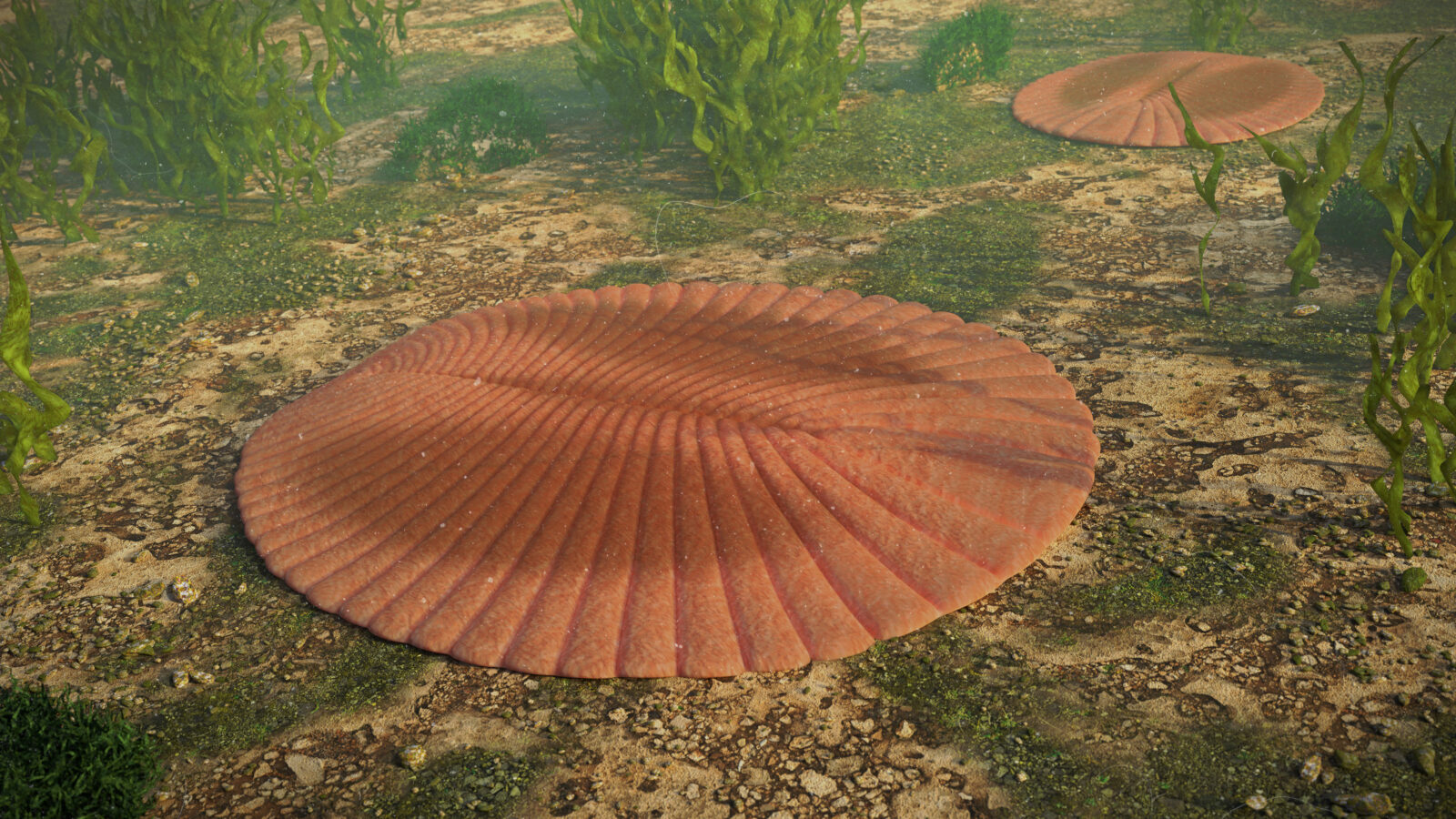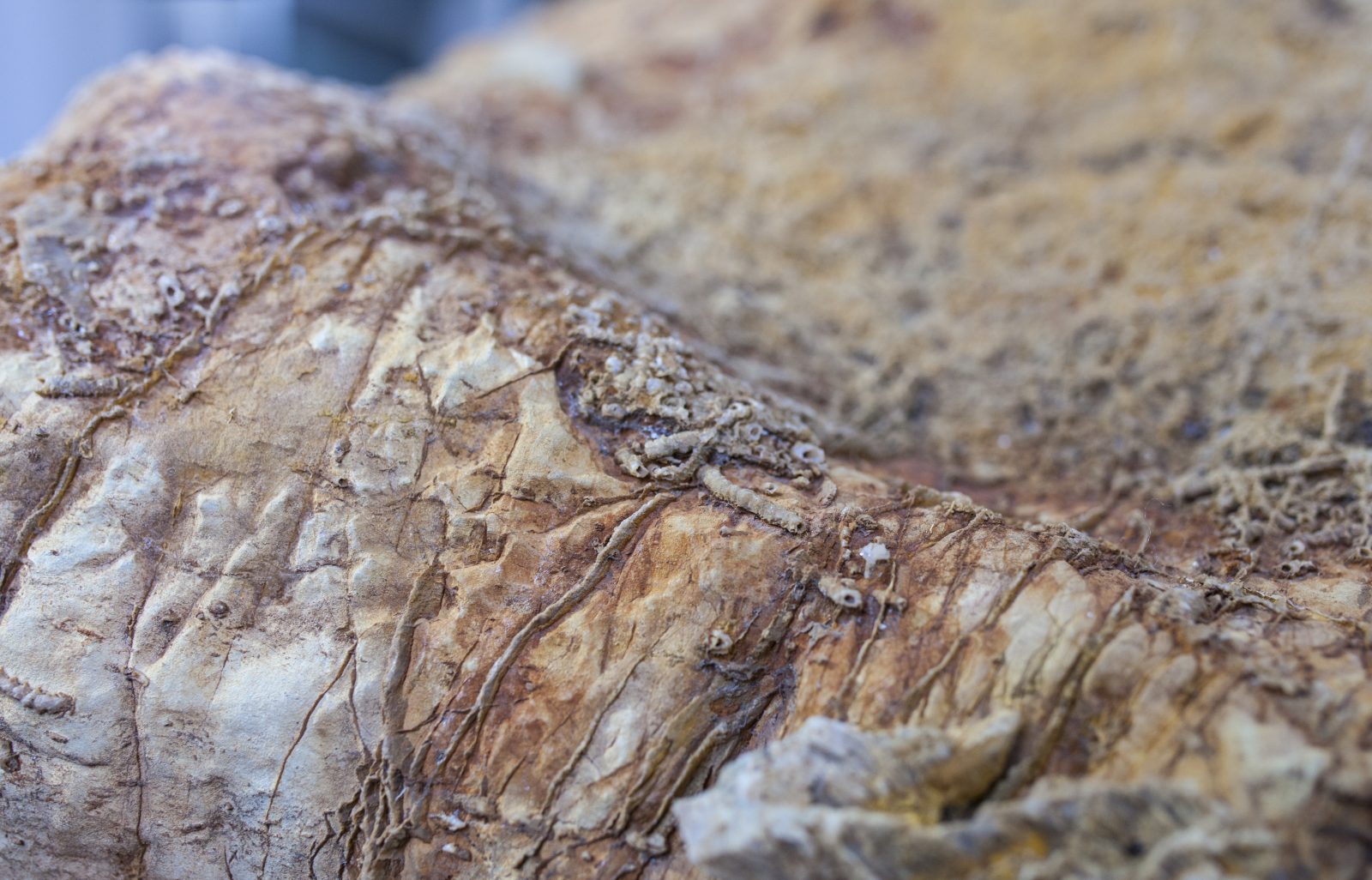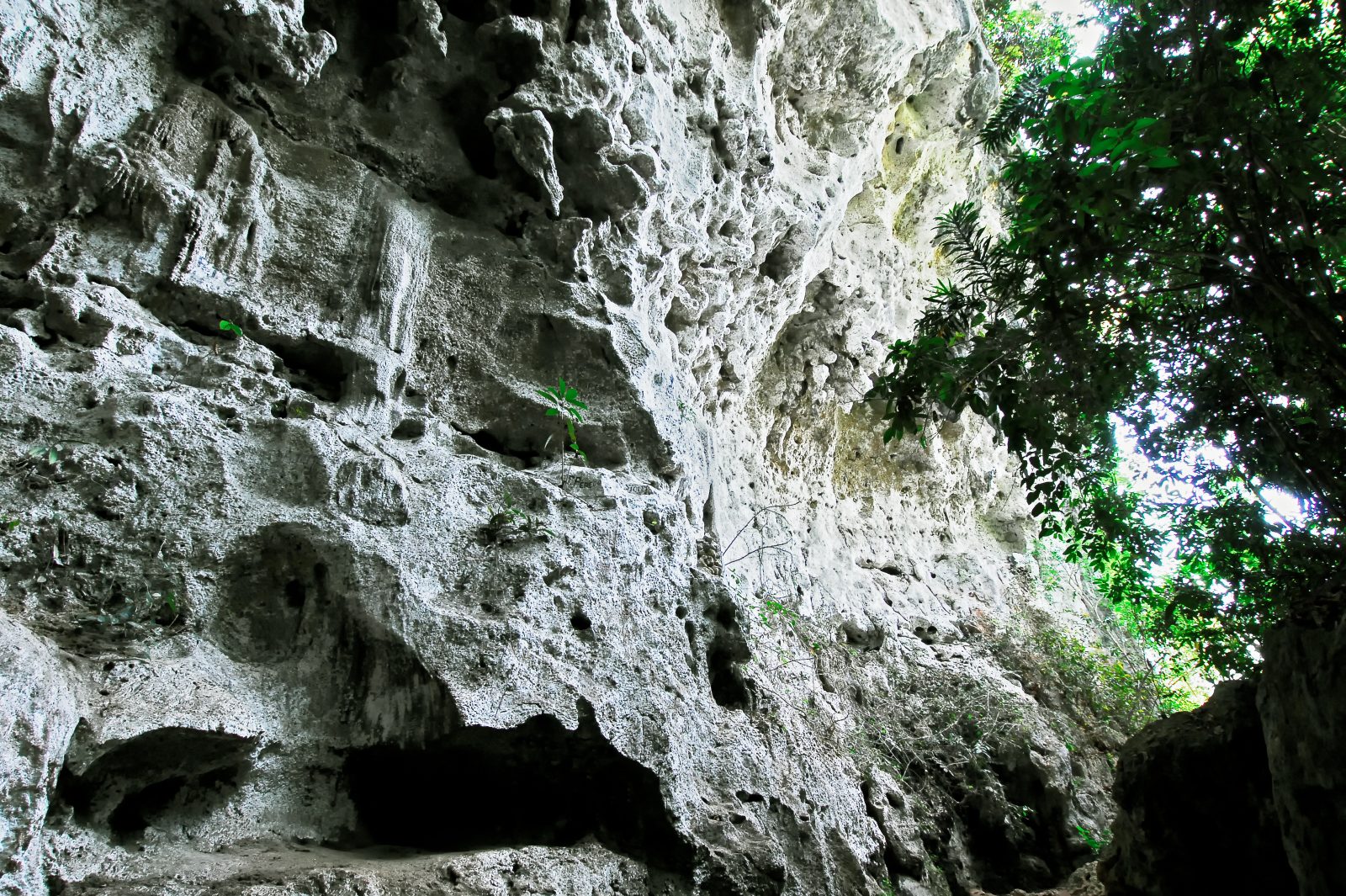


Günter Bechly on Why Seventy Years of Textbook Wisdom Was Wrong

A Scientist’s Path from Atheism to Christian Theism
Today’s ID the Future brings listeners distinguished German paleontologist Günter Bechly’s fascinating story of how science and philosophy moved him from atheism to theism, with host Andrew McDiarmid providing a beautiful reading of the essay where Bechly relates his journey, “A Long Surrender: A Scientist’s Arduous Path from Hard Atheism to Faith.” As he explains, he did not surrender his atheism quickly or easily, but only after long study and much resistance. The final two-and-half minutes of the reading recount Bechly’s journey after he became a non-specific theist. There are many stories of the evidence for intelligent design bringing individuals to a general belief in a cosmic designer. In Bechly’s case, and as he explains in final part of his Read More ›

Species Pairs: A New Challenge to Evolutionary Theory
On today’s ID the future, German paleoentomologist Günter Bechly and host Casey Luskin unpack a recent article of Bechly’s at Evolution News, “Species Pairs: A New Challenge to Darwinists.” There Bechly describes a challenge to evolutionary theory that thus far has been given little attention, namely “the morphological similarity of modern species pairs.” He says this “poses a severe problem for Darwinian theory “because it implies that the macroevolutionary processes that allegedly were at work and common during all periods of Earth history and in all groups of organisms, apparently were totally absent in the origins of all of the millions of living species.” Or as he puts it in a follow-up article on the same topic, “Among the 350,000 Read More ›

Botany Journal Revisits Darwin’s “Abominable Mystery”
On today’s ID the Future, German paleontologist Günter Bechly unpacks what Charles Darwin referred to as an “abominable mystery,” the sudden appearance in the fossil record of a certain group of flowering plants. It was a mystery to Darwin because according to his theory, there should have been a long succession of precursors gradually evolving toward the flowering plants of the Cretaceous. Bechly and host Eric Anderson focus their conversation around a recent paper by Richard Buggs in the American Journal of Botany showing that the problem for evolutionary theory has actually grown more acute since Darwin’s time. What about a recent article claiming to have found evidence of flowering plants in the Jurassic? Bechly says that the “evidence” amounts Read More ›

A Paleontologist Buries Another Proposed Cambrian Precursor
On this ID the Future, German paleontologist Günter Bechly explains why the Precambrian fossil Namacalathus fails as a transitional precursor to the Cambrian explosion. Darwinists want to find transitional precursors to the Cambrian animals to minimize how poorly the Cambrian explosion fits with Darwinism’s story of a gradual evolutionary development. Dr. Bechly gives other examples of such efforts as well and shows how each fails. As he says, the more we learn about the Cambrian and Precambrian, the more dramatic the Cambrian explosion appears and the poorer it fits with modern evolutionary theory. As he also notes, the points he makes in this episode have been made by mainstream evolutionary paleontologists. He differs only in stepping back from the larger pattern Read More ›

The Demise of the Artifact Hypothesis

Günter Bechly: Still More Evidence Against Darwinian Gradualism
On this episode of ID the Future, paleontologist Günter Bechly speaks again with host Andrew McDiarmid about the growing case against Darwinian gradualism. Bechly points out two more cases where fossil discoveries refuted Darwin’s prediction of gradualism in species transitions. In one of the classic showcases for such alleged transitions, between two species of deep-sea protists called foraminifera, more recent research showed their speciation to be abrupt and not an ancestor-descendent sequence. And fossil freshwater snails from Germany, once viewed as another textbook example of gradual speciation, were discovered not to be separate species at all. Is there a paradigm change coming in evolutionary studies? Nothing fits the data better than intelligent design.

Günter Bechly Says Goodbye to Darwinian Gradualism
On this episode of ID the Future, paleontologist Günter Bechly and host Andrew McDiarmid discuss Bechly’s article “Ape-Man Waves Goodbye to Darwinian Gradualism.” Bechly touches on the oldest australopithecine fossil skull ever found, from 3.8 million years ago. The researchers behind the find are confident of its age but puzzled because the discovery undercuts one of the best examples of alleged gradual transition between two hominid species, and it also doesn’t fit well with common theories of phylogenetic relationship. The evidence poses a significant problem for the Darwinian mechanistic paradigm, but can be readily explained with an intelligent design approach.

Günter Bechly on the Latest Fossil Find Confusing the Human “Evolutionary Tree”
On this episode of ID the Future, Andrew McDiarmid interviews paleontologist Günter Bechly about the latest hominin fossil that’s once again “rewriting human evolutionary history.” News of the find reached the media early this month. Dubbed homo luzonensis due to discovery on the Philippine island of Luzon, it poses yet another challenge to neo-Darwinian theory. A fossil like this one should have been found in Africa, not the Philippines. It should have been a lot older than it is, and it confuses the human evolutionary tree even more than before. “Darwinian theory predicts there should be one true tree of life that should converge,” says Bechly, “but the fossil record respectfully disagrees, again and again.”